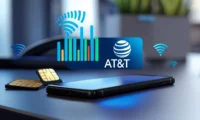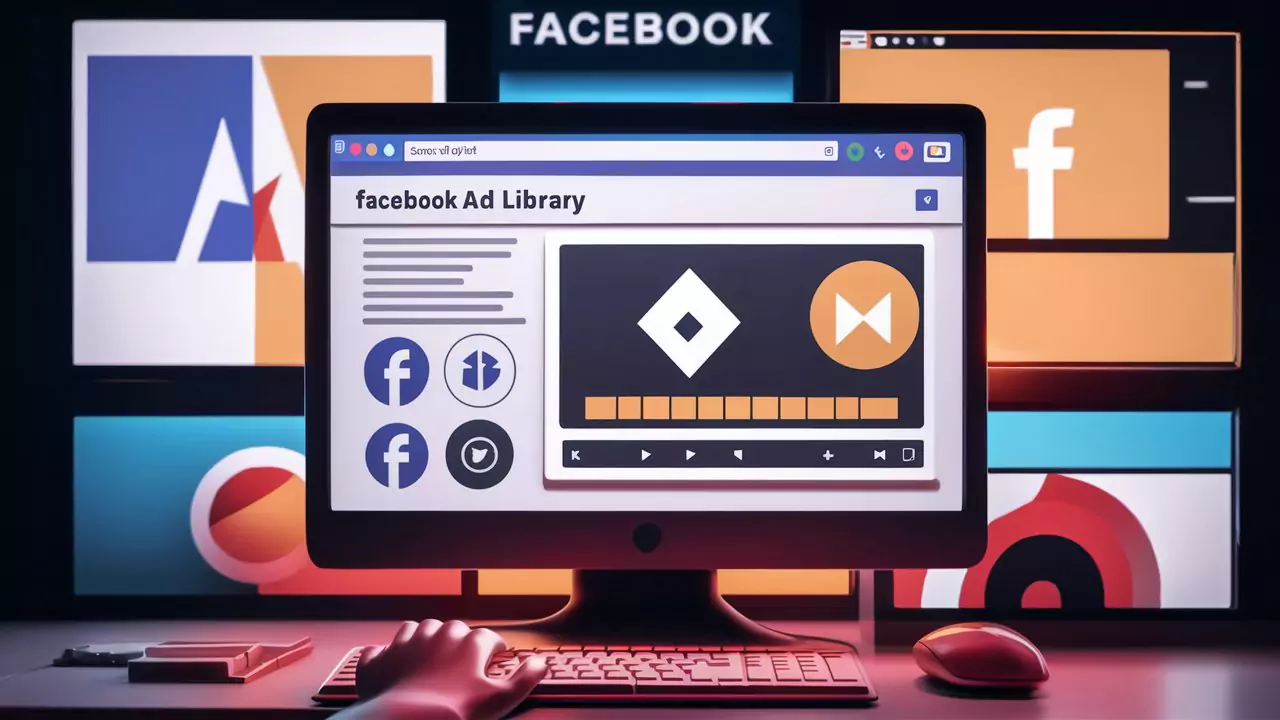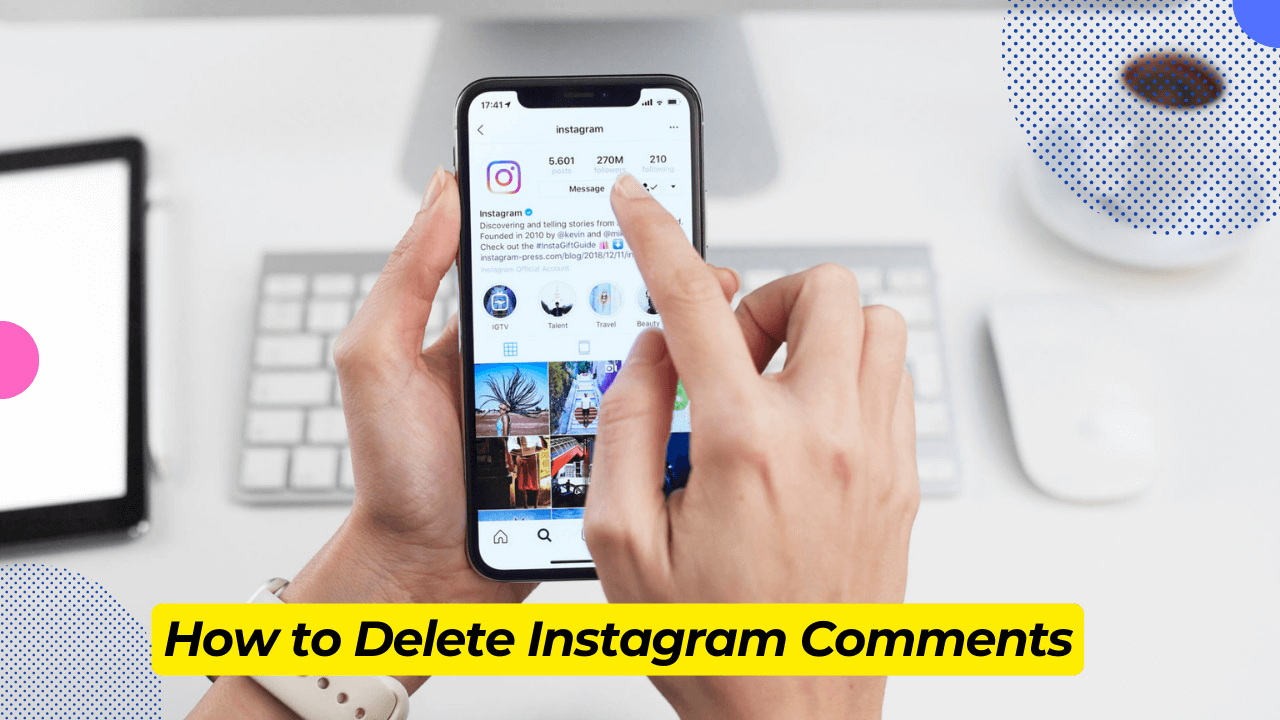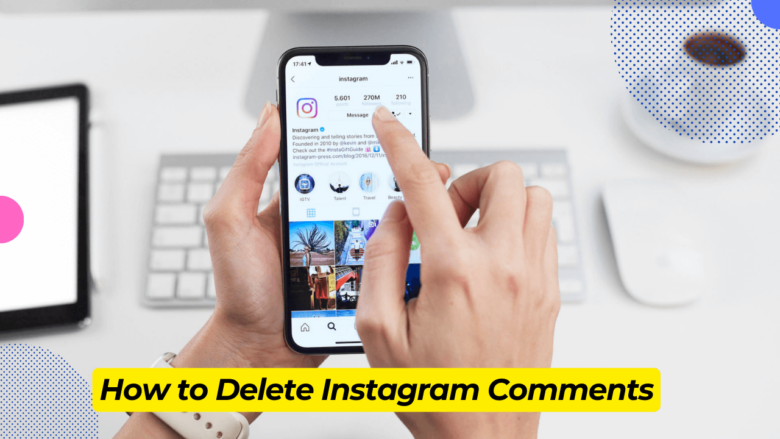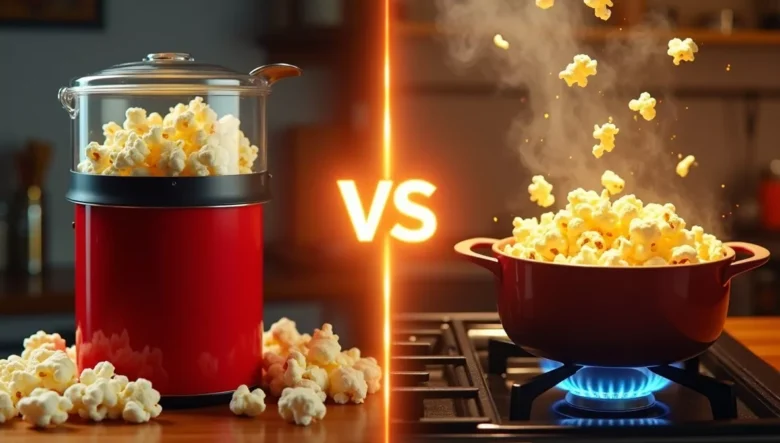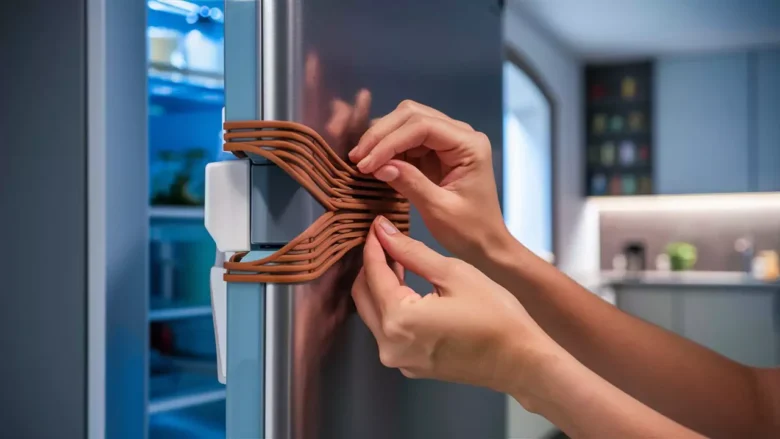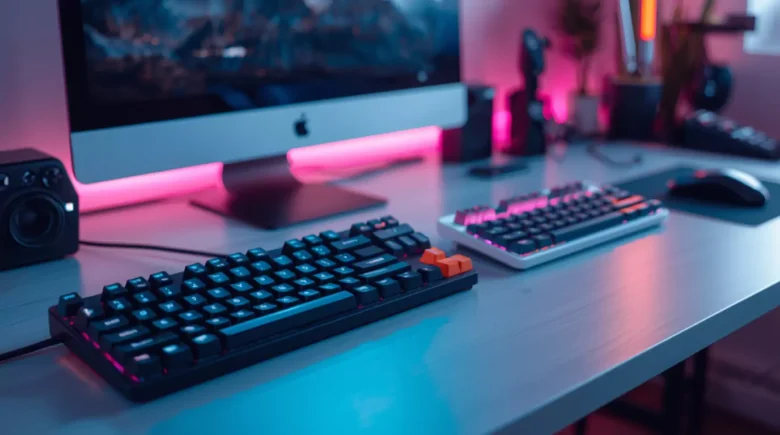Remember when charging your phone meant fumbling with cables in the dark? Those days are fading fast. Wireless charging has transformed how we power up our devices—just drop your phone on a pad, and you’re good to go. No ports to wear out, no cables to untangle.
- What is a Wireless Charging Pad?
- What is a Charging Stand?
- 💖 You Might Also Like
- Head-to-Head Comparison
- Which One Should You Pick?
- Best for Bedside Table: Wireless Charging Pad
- Best for Office Desk: Charging Stand
- Best for Travelers: Wireless Charging Pad
- Best for Charging Multiple Devices: Wireless Charging Pad
- Best for People Who Check Notifications Frequently: Charging Stand
- Pros & Cons Breakdown
- Wireless Charging Pad
- Charging Stand
- ✨ More Stories for You
- Final Recommendation
But here’s where it gets tricky: should you get a flat wireless charging pad or an upright charging stand? Both use the same Qi-compatible technology, but they serve different needs. If you’ve found yourself staring at Amazon listings wondering which one fits your life better, you’re not alone.
Let’s break down both options so you can make the right choice for your setup.
What is a Wireless Charging Pad?
A wireless charging pad is the simplest form of wireless charger. It’s a flat surface—think of it like a small coaster—where you lay your phone face-up to charge. The charging coils inside the pad align with your phone’s receiver, and power flows wirelessly.
Benefits:
- Drop-and-charge simplicity – Just place your phone down and it starts charging
- Sleek, minimal design – Blends into any nightstand or desk
- Generally affordable – Often cheaper than charging stands
- Great for bedside tables – Keeps your phone flat and unobtrusive while you sleep
Minor drawbacks:
- Your phone needs to be positioned correctly for optimal charging
- You can’t easily use your phone while it’s charging
- Not ideal for video calls or watching content
Check the latest best-selling wireless charging pads on Amazon →
What is a Charging Stand?
A charging stand holds your phone at an upright angle (usually 45-60 degrees) while charging wirelessly. Think of it as a mini easel for your phone that also powers it up.
Benefits:
- Perfect viewing angle – Great for FaceTime, video calls, or watching content
- Desk productivity boost – See notifications without picking up your phone
- Dual-orientation charging – Many support both portrait and landscape modes
- Better for work-from-home setups – Keeps your phone visible and accessible
Minor drawbacks:
- Usually costs $5-15 more than basic pads
- Takes up slightly more desk space
- Less portable due to the angled design
Explore top-rated charging stands designed for fast charging →
💖 You Might Also Like
Head-to-Head Comparison
| Feature | Wireless Charging Pad | Charging Stand |
|---|---|---|
| Comfort & Usability | Simple drop-and-charge | Phone stays visible and accessible |
| Charging Speed | 5W-15W (depends on model) | 5W-15W (same technology) |
| Price Range | $10-$30 | $15-$40 |
| Desk Convenience | Okay, but phone is flat | Excellent – see notifications easily |
| Bedside Convenience | Excellent – unobtrusive | Good, but may be too bright at night |
| Video Calling/Streaming | Not practical | Perfect – hands-free viewing |
| Portability | Very portable | Bulkier to pack |
| Device Compatibility | Most Qi-compatible phones | Most Qi-compatible phones |
Which One Should You Pick?
Let’s get practical. Here’s how to decide based on your lifestyle:
Best for Bedside Table: Wireless Charging Pad
If you charge your phone overnight and don’t need to interact with it, a flat pad wins. It’s quiet, unobtrusive, and won’t light up your room. Just drop your phone on it before bed and wake up to 100% battery.
Best for Office Desk: Charging Stand
Working from home? A charging stand is a game-changer. You can see incoming messages, join video calls without holding your phone, and keep your device charged all day. It’s especially useful if you use your phone as a second screen.
Best for Travelers: Wireless Charging Pad
Pads are slimmer and easier to slip into a laptop bag. They take up less space in hotel rooms and work on any flat surface. If you’re always on the move, the pad’s portability makes it the clear winner.
Best for Charging Multiple Devices: Wireless Charging Pad
Some wireless charging pads can power up multiple devices at once (phone + earbuds, for example). Stands typically charge one device at a time.
Best for People Who Check Notifications Frequently: Charging Stand
If you’re constantly glancing at your phone for texts, emails, or alerts, you’ll love having it propped up at eye level. No more picking up your phone 50 times a day—just glance at the stand.
Compare deals and choose the one that suits your setup →
Pros & Cons Breakdown
Wireless Charging Pad
Pros:
✓ Budget-friendly option
✓ Minimal, sleek design
✓ Easy to travel with
✓ Perfect for nightstands
✓ Works with most phone cases
Cons:
✗ Can’t use phone easily while charging
✗ Requires proper alignment for optimal charging
✗ Not great for video calls or media consumption
Charging Stand
Pros:
✓ Perfect for video calls and streaming
✓ Keeps phone visible for notifications
✓ Great for desk setups
✓ Supports portrait and landscape modes
✓ More ergonomic for frequent phone checking
Cons:
✗ Slightly more expensive
✗ Takes up more space
✗ Less portable
✗ Can be bright on nightstands
Grab the charging solution that fits your lifestyle today →
✨ More Stories for You
Final Recommendation
Here’s the honest truth: there’s no wrong choice—just the right choice for you.
Go with a wireless charging pad if:
- You primarily charge at night
- You want something portable and affordable
- You prefer minimalist design
- You don’t use your phone much while it’s charging
Go with a charging stand if:
- You work from home and need to see your phone
- You take video calls frequently
- You want to watch videos while your phone charges
- You like having your notifications at eye level
And here’s a pro tip: many people end up with both—a pad for the bedside table and a stand for the desk. That way, you get the best of both worlds depending on where you are.
The good news? Both options are affordable, reliable, and way more convenient than fumbling with cables. Whether you choose a sleek charging pad or a practical charging stand, you’re upgrading your daily charging experience.
Upgrade your charging experience—see Amazon’s best offers now →
Ready to ditch the cables? Pick the wireless charger that matches your lifestyle and enjoy the convenience of truly wireless power.



